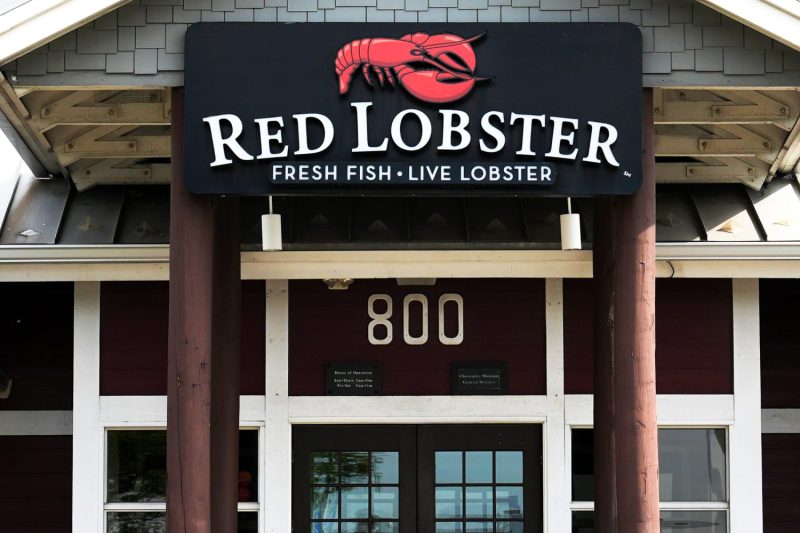The restructuring and revitalization of struggling companies through private equity buyouts have been a common practice in the corporate world. Red Lobster, the renowned seafood restaurant chain, faced its fair share of challenges when it was acquired by private equity firm Golden Gate Capital in 2014. While many may argue that the all-you-can-eat shrimp promotion was a major factor in Red Lobster’s decline, a deeper analysis reveals that private equity’s management decisions played a significant role in the chain’s struggles.
Private equity firms often acquire companies with the intention of turning them around and making them more profitable. In the case of Red Lobster, Golden Gate Capital saw an opportunity to revitalize the chain and increase its value. However, the firm’s management decisions, including cost-cutting measures and changes to the menu and service, ultimately had a negative impact on the brand’s reputation and customer loyalty.
One of the key issues faced by Red Lobster under private equity ownership was a lack of investment in the overall customer experience. The chain’s focus on reducing costs and increasing profits led to a decline in food quality, service standards, and overall dining experience. This shift away from the core values that made Red Lobster a popular dining destination ultimately alienated loyal customers and drove them towards competing seafood chains.
Additionally, the decision to end the popular Endless Shrimp promotion was met with backlash from customers who enjoyed the value and variety offered by the promotion. This move further exacerbated the decline in customer traffic and sales, highlighting the disconnect between private equity ownership’s strategy and customer preferences.
Another factor that contributed to Red Lobster’s struggles under private equity ownership was the lack of long-term planning and investment in innovation. While the chain attempted to introduce new menu items and promotions to attract customers, these efforts were overshadowed by the negative impact of cost-cutting measures and declining quality standards.
Overall, the decline of Red Lobster cannot solely be attributed to the end of the Endless Shrimp promotion but rather to a combination of mismanagement by private equity owners, lack of investment in the customer experience, and failure to adapt to changing consumer preferences. The case of Red Lobster serves as a cautionary tale for companies acquired by private equity firms, highlighting the importance of balancing cost-cutting measures with strategic investments in branding, innovation, and customer satisfaction to ensure long-term success.


























